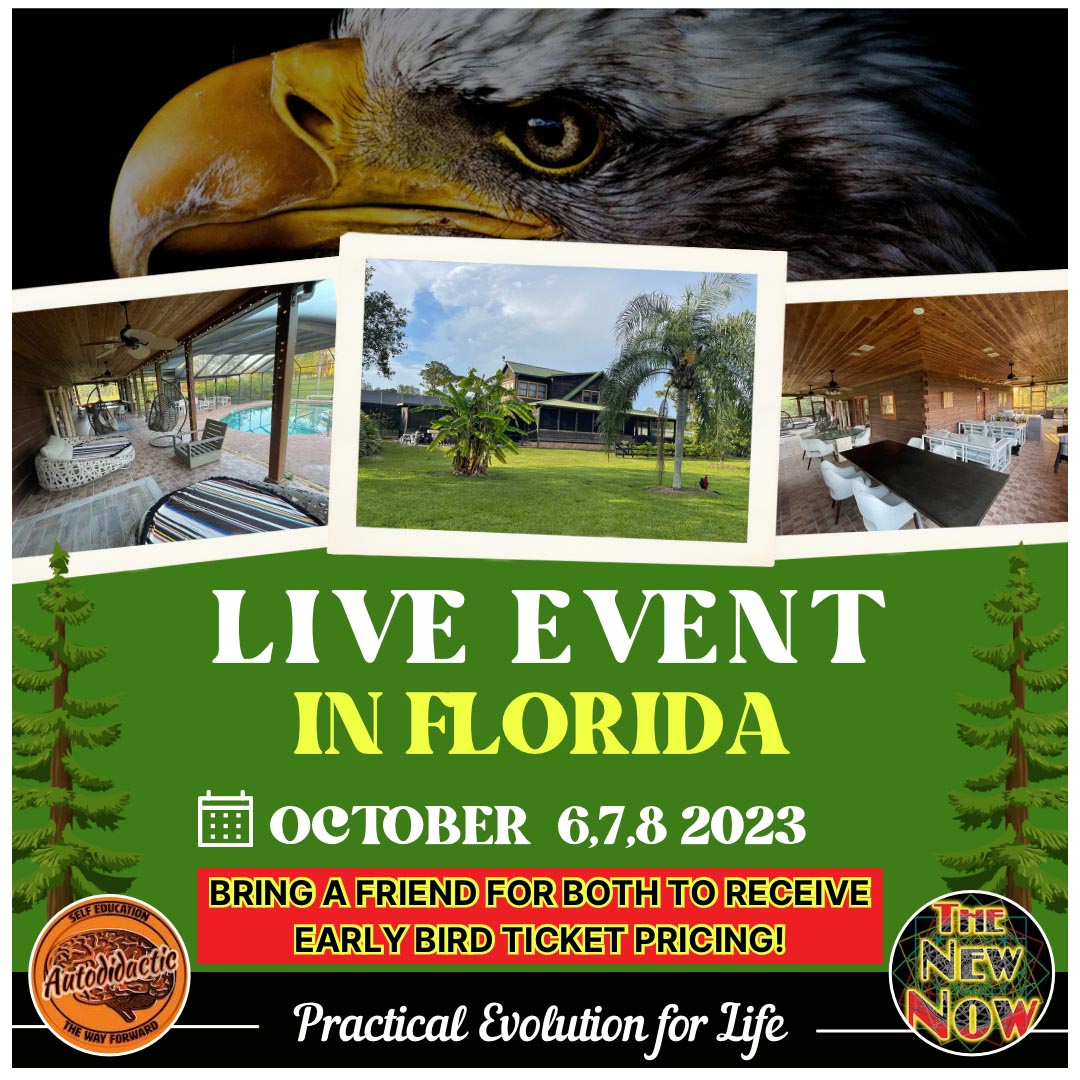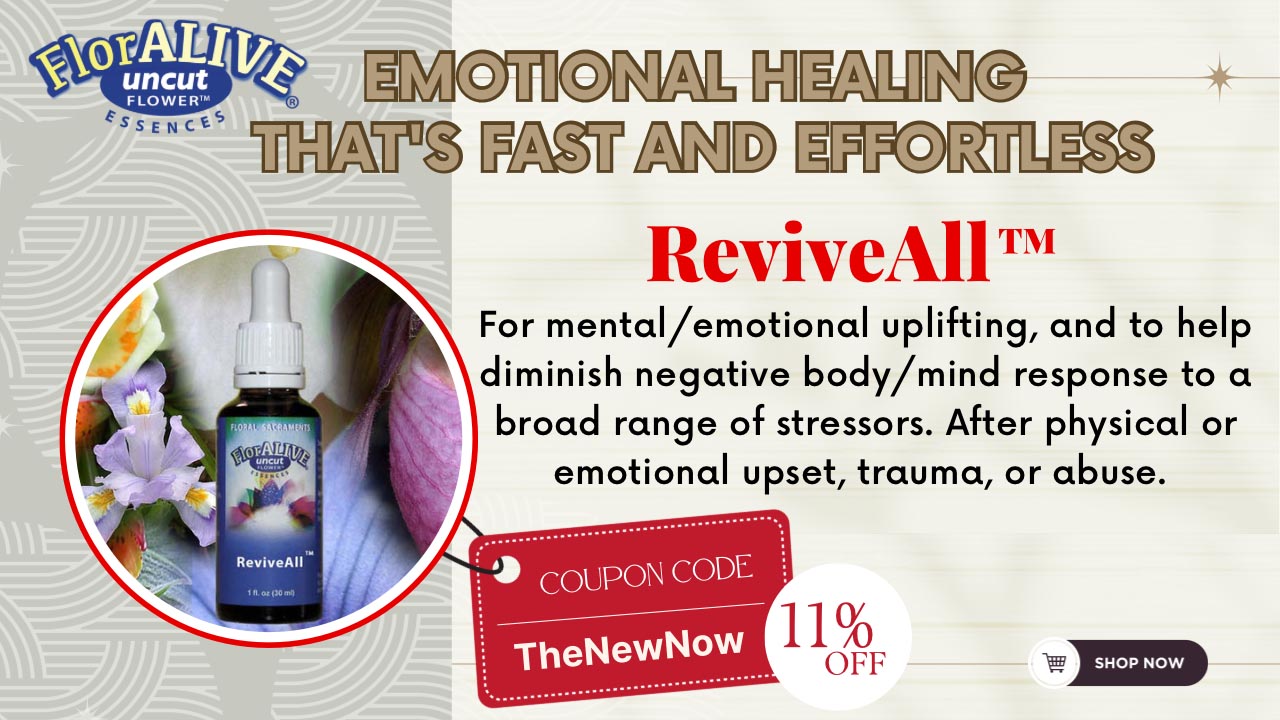Know Your Narcissism
Overt & Covert Narcissism and
How Luciferian Spirits Feed Through the Narcissistic Wound
We are in an epidemic of narcissism, yet, at the same time, the topic of narcissism has also gotten distorted and misused on social media and pop psychology.
As Dr. Jonathan Shedler wrote:
“In the psychodynamic tradition from which the term “narcissism” arose, narcissistic personality styles exist at different levels on a continuum of health pathology:
at a healthier level (yes, there is healthy narcissism)
at a neurotic level of personality organization
at a more disturbed borderline level of personality organization
and at a still more disturbed psychotic level.
These distinctions are lost in pop culture descriptions that portray all narcissistic people as arrogant, self-inflated, and exploitive when that is not at all the case.
There are two main manifestations of the pathological narcissistic personality:
grandiose (or overt) narcissism
vulnerable (or covert) narcissism
Most people are aware of the overt/grandiose narcissist since it is more obvious.
People with grandiose or overt narcissism present as self-important, entitled, and superior. Their narcissistic defenses are generally effective in keeping their feelings of inadequacy at bay, at least most of the time.
Underneath the overt self-importance, however, lie deep feelings of fragility and inadequacy. The person works continually to shore up their fragile sense of self and makes use of others to support this effort. They need others as an audience to witness and affirm their importance.
In vulnerable or covert narcissism, in contrast, the narcissistic defenses against inadequacy fail. Rather than experiencing themselves as superior, people with covert narcissism experience themselves and come across to others as deflated, self-critical, and beaten down by life.
Although they often present symptoms of depression in clinical practice, they generally derive little benefit from treatments that specifically target these depressive symptoms. Beneath their suffering and self-criticism, clinicians often find that their inner life is dominated by fantasies of importance, success, and glory.
They are the main characters in their internal narratives –unappreciated, unrecognized, and denied their rightful place in the world. At different times, the same individual may present as either a grandiose or vulnerable narcissist, depending on how well their defenses are functioning at that point in time and how well the external world is cooperating with those defenses.”
Internet trolls and people constantly complaining on social media tend to be covert narcissists who also grapple with unconscious jealousy and envy, which results in shadow projection. Being stuck in victim/blame and “black-pilled” doom and gloom can also be an aspect of covert narcissism.
Both manifestations of narcissism lead to difficulties in developing and maintaining meaningful and lasting interpersonal connections. Ultimately, the person’s life feels painfully empty.
Both manifestations of narcissism (which manifest on a scale and different levels) have become normalized in today’s cult-ure.
If we’re really honest with ourselves, we can see parts of them in ourselves, too, that we act out unconsciously or that may pop up when we are disconnected from essence.
I would say that most people suffer from covert narcissism and don’t recognize it as such due to childhood wounding, which they may not be aware of because it may have happened pre-verbal or the abuse has become normalized and justified.
From Rudolf Steiner’s perspective, Lucerferian spirits are attracted to, feed off, and live in selfish, vain, grandiose, or hurt feelings [needing to “be respected”], self-pity (poor me), and self-importance – aspects of both types of pathological narcissism. In other words, they feed through the narcissistic wound.
From a psychological trauma perspective, all narcissism is the result of trauma and childhood wounding (karma and past lives may tie into it as well), mostly from the age of 0-7 when the necessary needs of the infant/young child were not met by the parents due to their emotional immaturity, unavailability, outdated abusive authoritative parenting (spanking, punishment, screaming at the child, shaming, letting the child cry out alone, etc.), or because of the narcissism of the parent, who were (or one of them) trying to get their needs met through the child (emotional incest)
It’s way more common than most people are aware of. In my experience, everyone is narcissistically wounded to varying degrees (hence the development of the false personality mask) because no parents are perfect (yet, some were “good enough” so the narcissistic wound is not that severe and doesn’t run one’s life unconsciously)
The work is to re-parent oneself, free the suppressed toxic shame and other suppressed emotions of emotional pain, abandonment, inadequacy, and insecurity (FEEL them without projecting them externally), purify them, and bring forth essence – the true Self.
The only way out is through. Anything else is just avoidance and masking it up and looking for endless supply externally to feed the narcissistic wound [and the Luciferian occult spirits.]
The other trap, of course, is spiritual bypassing, which is very easy for the narcissistically wounded individual to do; hence, a lot of overt/covert narcissists are in the New Age, spiritual and religious circles, over-estimating their level of being and awareness.
For more on that topic, listen to our podcast episode:
– Dark Triad Personality Types And Occult Forces
And our podcast on how to work with toxic internalized shame:
– How To Heal Toxic Shame And Not Feeling “Good Enough”















